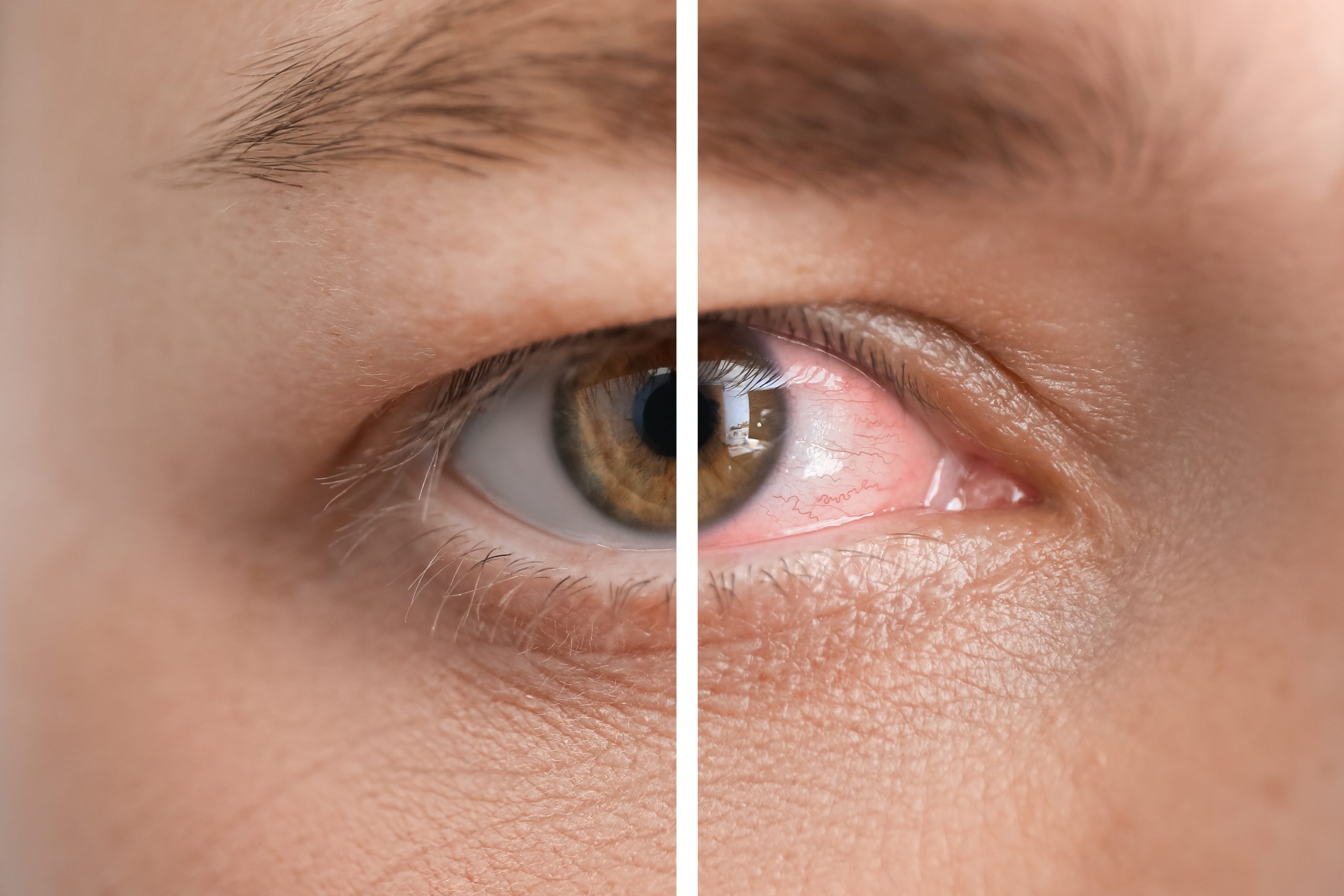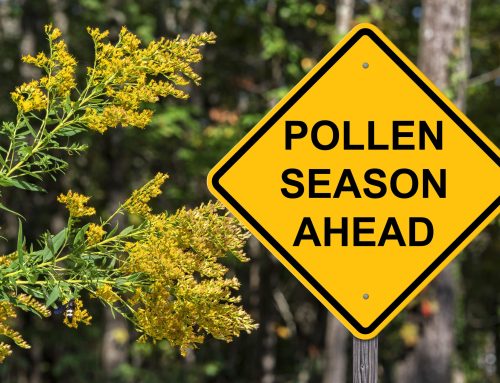Winter’s almost here! While cozy sweaters and warm nights by the fire are what we usually look forward to, the cold season can also bring along some not-so-fun side effects—like dry, irritated eyes. If you’ve ever noticed your eyes feeling itchy, sore, or even more watery than usual during winter, you’re not alone. Dry eyes are a common struggle this time of year, but the good news is there are simple ways to manage it.
Why Winter Makes Your Eyes Feel So Dry
Indoor Heating
We all love coming inside to a warm, toasty home when it’s cold out, but all that indoor heating dries out the air—and your eyes. The lack of moisture in the air means your eyes lose moisture too, leaving them feeling irritated.
Cold Weather
If you’ve ever stepped outside on a windy, cold day and felt your eyes sting, you know what we’re talking about. That cold air can be tough on your eyes, especially when you go back and forth between chilly outdoors and dry indoor heat.
Lower Humidity
Winter air naturally has less humidity, which means it’s not carrying the moisture your eyes need. Without enough moisture in the air, your eyes struggle to keep their protective tear film, leading to that dry, gritty feeling.
More Screen Time
Let’s face it, winter often means more time spent indoors—whether it’s working, watching TV, or scrolling on your phone. All that screen time can make you blink less, which dries out your eyes even more.
How to Treat Dry Eyes This Winter
Add Moisture to the Air
A humidifier can be your best friend during winter. It helps add moisture back into the air in your home, so your eyes don’t have to work as hard to stay hydrated.
Drink Plenty of Water
It might sound simple, but staying hydrated is key to keeping your eyes moist. Make sure you’re drinking enough water throughout the day to help your body produce the natural tears your eyes need.
Remember to Blink
When you’re staring at a screen for hours, it’s easy to forget to blink. Try to be more mindful about blinking, especially during long work or entertainment sessions. Blinking spreads moisture across your eyes, helping them stay comfortable.
Warm Compresses
A warm compress on your eyes can feel great and actually help unclog your oil glands, which play a role in keeping your tears from evaporating too quickly.
Use Artificial Tears
Sometimes, your eyes need a little extra help. Over-the-counter artificial tears can provide relief when your natural tears aren’t enough. Just make sure to ask an eye care professional which one is best for you.
Protect Your Eyes Outside
Don’t forget your sunglasses when you head outdoors! They do more than just protect you from the sun—they shield your eyes from cold, harsh winds that can make dryness worse.
Give Your Eyes a Break
If you’re spending a lot of time on screens, follow the 20-20-20 rule: Every 20 minutes, look at something 20 feet away for at least 20 seconds. It gives your eyes a much-needed break and helps prevent strain.
About Mail Order Meds:
Since 2018, MailOrderMeds has been here to provide Americans with a safe and affordable alternative to high-priced medications. We use our 20 years of expertise to ensure you are receiving the service you deserve. Your health and wellbeing will always be our top priority.
Before you pay out of pocket for your prescription medication, compare prices at www.mailordermeds.com/products I We make it easy and simple www.mailordermeds.com/new-order I Reach out to us www.mailordermeds.com/contact.
You never ordered from us? Use coupon BL25 to save 25% on your first order!
We are here to help. Mail Order Meds www.mailordermeds.com/about.






Leave A Comment